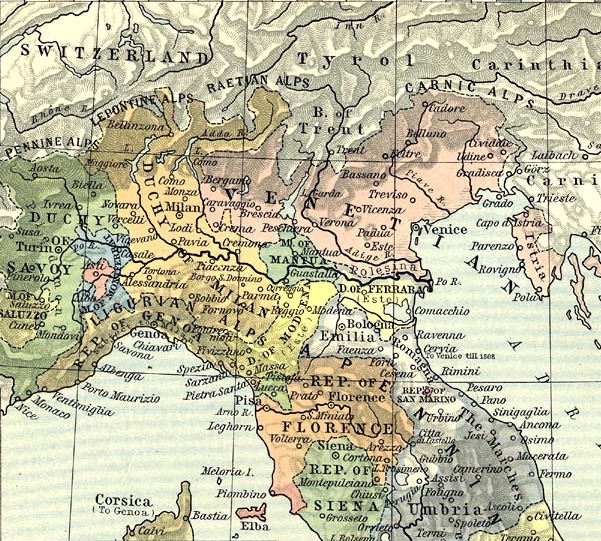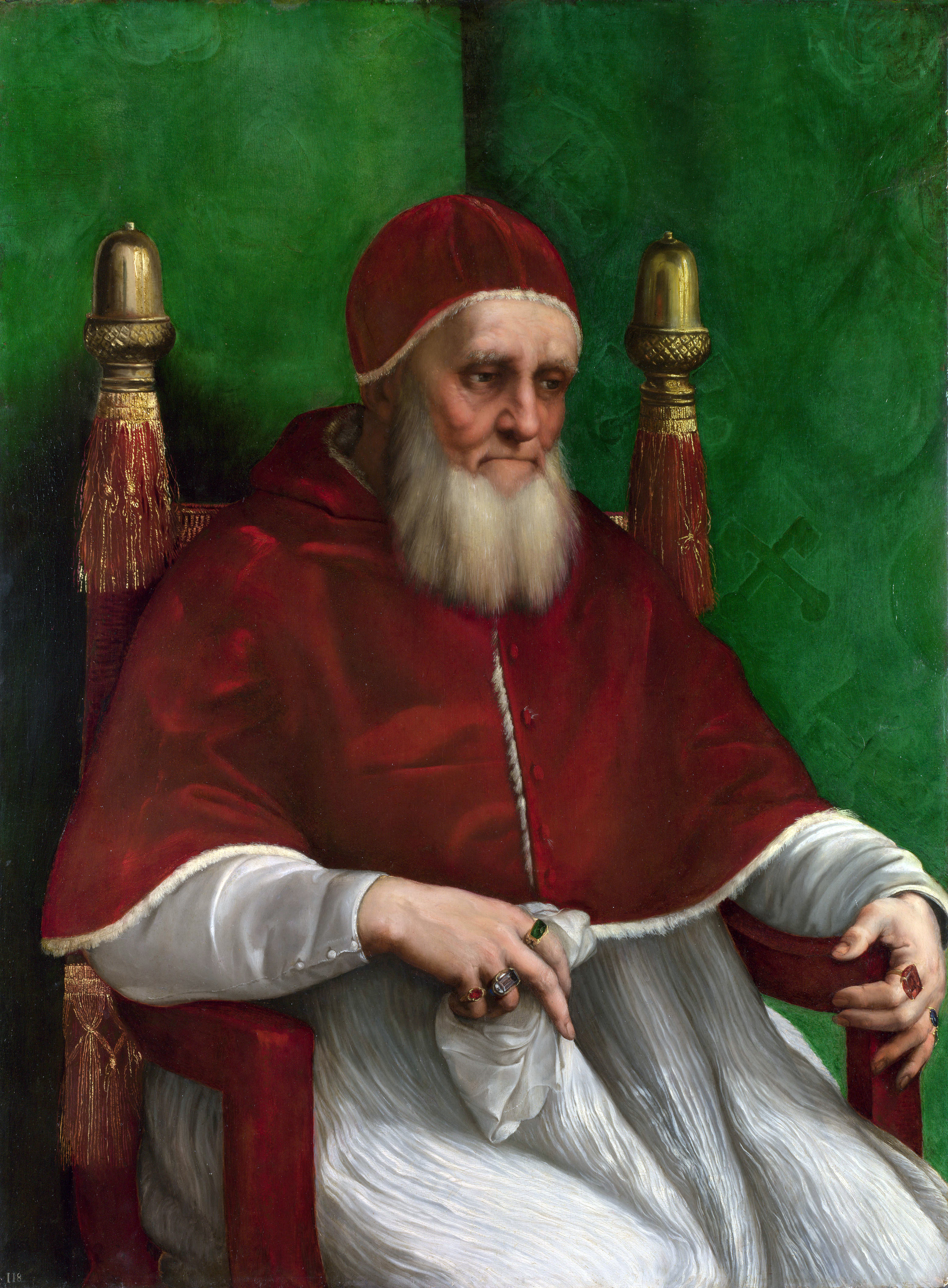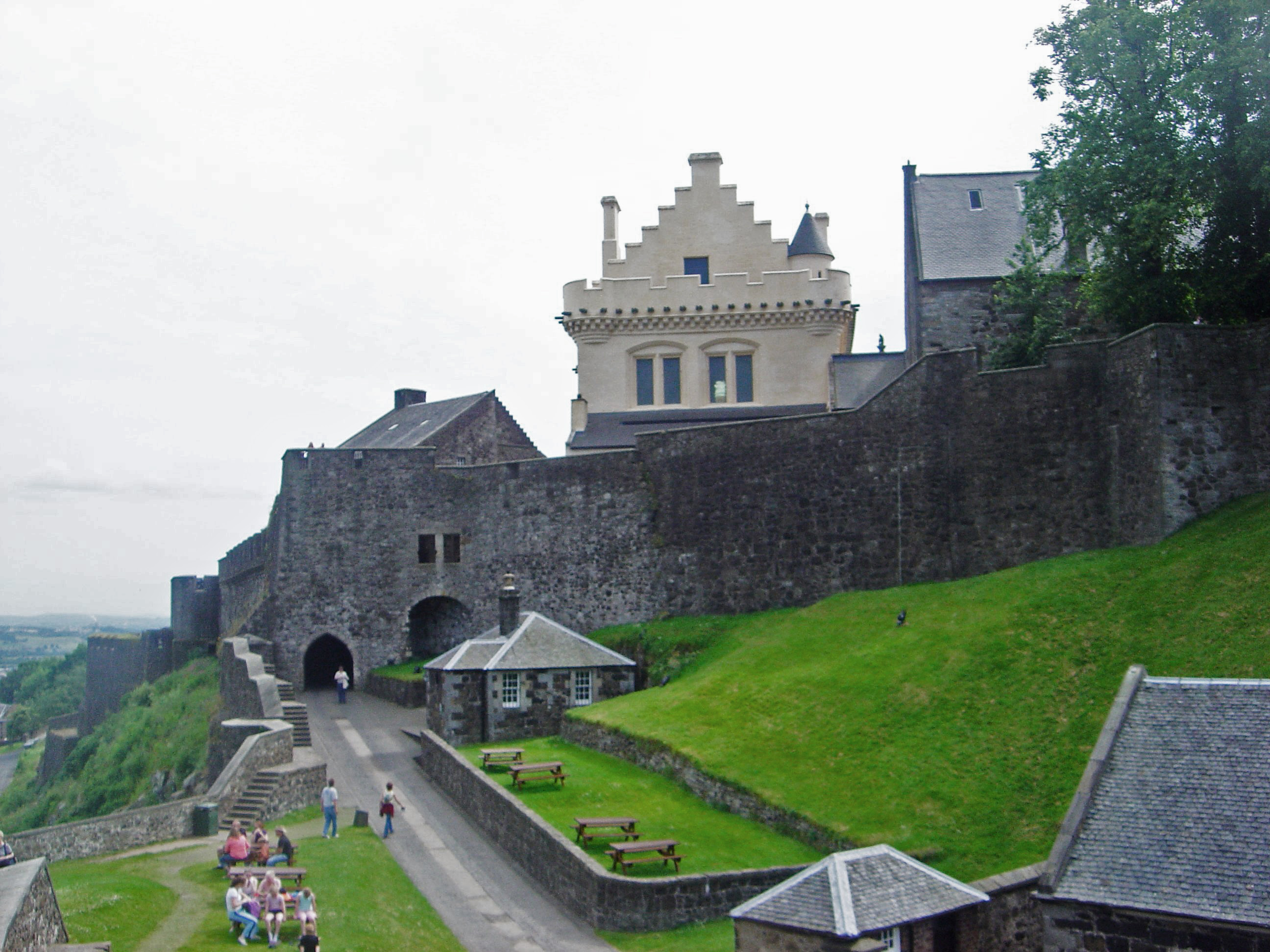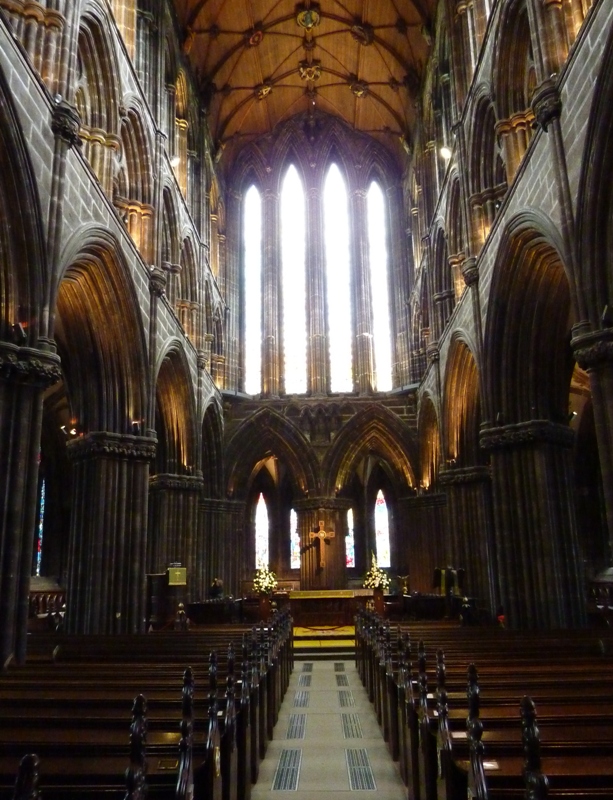|
Battle Of Flodden
The Battle of Flodden, Flodden Field, or occasionally Branxton or Brainston Moor was fought on 9 September 1513 during the War of the League of Cambrai between the Kingdom of England and the Kingdom of Scotland and resulted in an English victory. The battle was fought near Branxton, Northumberland, Branxton, in the county of Northumberland, in northern England, between an invading Scots army under King James IV of Scotland, James IV and an English army commanded by the Thomas Howard, 2nd Duke of Norfolk, Earl of Surrey. In terms of troop numbers, it was the largest battle ever fought between the two kingdoms.''The Seventy Greatest Battles of All Time''. Published by Thames & Hudson Ltd. 2005. Edited by Jeremy Black. pp. 95–97. . After besieging and capturing several English border castles, James encamped his invading army on a commanding hilltop position at Flodden, awaited the English force that had been sent against him and declined a challenge to fight in an open field. Surr ... [...More Info...] [...Related Items...] OR: [Wikipedia] [Google] [Baidu] |
War Of The League Of Cambrai
The War of the League of Cambrai, sometimes known as the War of the Holy League and several other names, was fought from February 1508 to December 1516 as part of the Italian Wars of 1494–1559. The main participants of the war, who fought for its entire duration, were Early modern France, France, the Papal States, and the Republic of Venice; they were joined at various times by nearly every significant power in Western Europe, including Spain, the Holy Roman Empire, Kingdom of England, England, the Duchy of Milan, the Republic of Florence, the Duchy of Ferrara, and the Swiss mercenaries, Swiss. The war started with the ''Italienzug'' of Maximilian I, Holy Roman Emperor, Maximilian I, King of the Romans, crossing into Venetian territory in February 1508 with his army on the way to be Coronation of the Holy Roman Emperor, crowned Holy Roman emperor by the pope in Rome. Meanwhile, Pope Julius II, intending to curb Venetian influence in northern History of Italy during foreig ... [...More Info...] [...Related Items...] OR: [Wikipedia] [Google] [Baidu] |
Great Britain
Great Britain is an island in the North Atlantic Ocean off the north-west coast of continental Europe, consisting of the countries England, Scotland, and Wales. With an area of , it is the largest of the British Isles, the List of European islands by area, largest European island, and the List of islands by area, ninth-largest island in the world. It is dominated by a maritime climate with narrow temperature differences between seasons. The island of Ireland, with an area 40 per cent that of Great Britain, is to the west – these islands, along with over List of islands of the British Isles, 1,000 smaller surrounding islands and named substantial rocks, comprise the British Isles archipelago. Connected to mainland Europe until 9,000 years ago by a land bridge now known as Doggerland, Great Britain has been inhabited by modern humans for around 30,000 years. In 2011, it had a population of about , making it the world's List of islands by population, third-most-populous islan ... [...More Info...] [...Related Items...] OR: [Wikipedia] [Google] [Baidu] |
Italian Wars
The Italian Wars were a series of conflicts fought between 1494 and 1559, mostly in the Italian Peninsula, but later expanding into Flanders, the Rhineland and Mediterranean Sea. The primary belligerents were the House of Valois, Valois kings of Kingdom of France, France, on one side, and their opponents in the Holy Roman Empire and Habsburg Spain, Spain on the other. At different points, various Italian states participated in the war, some on both sides, with limited involvement from Kingdom of England, England, Switzerland, and the Ottoman Empire. The Italic League established in 1454 achieved a Balance of power (international relations), balance of power in Italy, but fell apart after the death of its chief architect, Lorenzo de' Medici, in 1492. Combined with the ambition of Ludovico Sforza, its collapse allowed Charles VIII of France to invade Kingdom of Naples, Naples in 1494, which drew in Spain and the Holy Roman Empire. Although Charles was forced to withdraw in 1495, o ... [...More Info...] [...Related Items...] OR: [Wikipedia] [Google] [Baidu] |
Pope
The pope is the bishop of Rome and the Head of the Church#Catholic Church, visible head of the worldwide Catholic Church. He is also known as the supreme pontiff, Roman pontiff, or sovereign pontiff. From the 8th century until 1870, the pope was the sovereign or head of state of the Papal States, and since 1929 of the much smaller Vatican City state. From a Catholic viewpoint, the primacy of the bishop of Rome is largely derived from his role as the apostolic successor to Saint Peter, to whom Petrine primacy, primacy was conferred by Jesus, who gave Peter the Keys of Heaven and the powers of "binding and loosing", naming him as the "rock" upon which the Church would be built. The current pope is Leo XIV, who was elected on 8 May 2025 on the second day of the 2025 papal conclave. Although his office is called the papacy, the ecclesiastical jurisdiction, jurisdiction of the episcopal see is called the Holy See. The word "see" comes from the Latin for 'seat' or 'chair' (, refe ... [...More Info...] [...Related Items...] OR: [Wikipedia] [Google] [Baidu] |
Catholic League (Italian)
The War of the League of Cambrai, sometimes known as the War of the Holy League and several other names, was fought from February 1508 to December 1516 as part of the Italian Wars of 1494–1559. The main participants of the war, who fought for its entire duration, were France, the Papal States, and the Republic of Venice; they were joined at various times by nearly every significant power in Western Europe, including Spain, the Holy Roman Empire, England, the Duchy of Milan, the Republic of Florence, the Duchy of Ferrara, and the Swiss. The war started with the ''Italienzug'' of Maximilian I, King of the Romans, crossing into Venetian territory in February 1508 with his army on the way to be crowned Holy Roman emperor by the pope in Rome. Meanwhile, Pope Julius II, intending to curb Venetian influence in northern Italy, brought together the League of Cambrai—an anti-Venetian alliance consisting of him, Maximilian I, Louis XII of France, and Ferdinand II of Aragon—w ... [...More Info...] [...Related Items...] OR: [Wikipedia] [Google] [Baidu] |
Louis XII Of France
Louis XII (27 June 14621 January 1515), also known as Louis of Orléans was King of France from 1498 to 1515 and King of Naples (as Louis III) from 1501 to 1504. The son of Charles, Duke of Orléans, and Marie of Cleves, he succeeded his second cousin once removed and brother-in-law, Charles VIII, who died childless in 1498. Louis was the second cousin of King Louis XI, who compelled him to marry the latter's disabled and supposedly sterile daughter Joan. By doing so, Louis XI hoped to extinguish the Orléans cadet branch of the House of Valois. When Louis XII became king in 1498, he had his marriage with Joan annulled by Pope Alexander VI and instead married Anne, Duchess of Brittany, the widow of Charles VIII. This marriage allowed Louis to reinforce the personal Union of Brittany and France. Louis of Orléans was one of the great feudal lords who opposed the French monarchy in the conflict known as the Mad War. At the royal victory in the Battle of Saint-Aubin-du-Cormi ... [...More Info...] [...Related Items...] OR: [Wikipedia] [Google] [Baidu] |
Auld Alliance
The Auld Alliance ( Scots for "Old Alliance") was an alliance between the kingdoms of Scotland and France against England made in 1295. The Scots word ''auld'', meaning ''old'', has become a partly affectionate term for the long-lasting association between the two countries. The alliance was never formally revoked, although it is considered by some to have ended with the signing of the Treaty of Edinburgh in 1560. The alliance played a significant role in the relations among Scotland, France and England. The alliance was renewed by all the French and Scottish monarchs of that period except Louis XI. By the late 14th century, the renewal occurred regardless of whether either kingdom was at war with England at the time.BONNER, ELIZABETH. “Scotland’s ‘Auld Alliance’ with France, 1295–1560.” ''History'', vol. 84, no. 273, Wiley, 1999, pp. 5–30, . The alliance began with the treaty signed by John Balliol and Philip IV of France in 1295 against Edward I of Engl ... [...More Info...] [...Related Items...] OR: [Wikipedia] [Google] [Baidu] |
James IV, King Of Scots
James IV (17 March 1473 – 9 September 1513) was King of Scotland from 11 June 1488 until his death at the Battle of Flodden in 1513. He inherited the throne at the age of fifteen on the death of his father, James III, at the Battle of Sauchieburn, following a rebellion in which the younger James was the figurehead of the rebels. James IV is generally regarded as the most successful of the Stewart monarchs of Scotland. He was responsible for a major expansion of the Scottish royal navy, which included the founding of two royal dockyards and the acquisition or construction of 38 ships, including the ''Great Michael'', the largest warship of its time. James was a patron of the arts and took an active interest in the law, literature and science. With his patronage the printing press came to Scotland, the University of Aberdeen and the Royal College of Surgeons of Edinburgh were founded, and he commissioned the building of the Palace of Holyroodhouse and Falkland Palace. The ... [...More Info...] [...Related Items...] OR: [Wikipedia] [Google] [Baidu] |
Henry VIII Of England
Henry VIII (28 June 149128 January 1547) was King of England from 22 April 1509 until his death in 1547. Henry is known for his Wives of Henry VIII, six marriages and his efforts to have his first marriage (to Catherine of Aragon) annulled. His disagreement with Pope Clement VII about such an annulment led Henry to initiate the English Reformation, separating the Church of England from papal authority. He appointed himself Supreme Head of the Church of England and dissolution of the monasteries, dissolved convents and monasteries, for which he was List of people excommunicated by the Catholic Church, excommunicated by the pope. Born in Greenwich, Henry brought radical changes to the Constitution of England, expanding royal power and ushering in the theory of the divine right of kings in opposition to papal supremacy. He frequently used charges of treason and heresy to quell dissent, and those accused were often executed without a formal trial using bills of attainder. He achi ... [...More Info...] [...Related Items...] OR: [Wikipedia] [Google] [Baidu] |
Andrew Barton (privateer)
Sir Andrew Barton (c. 1466 – 2 August 1511) was a Scottish sailor from Leith. He gained notoriety as a privateer, making raids against Portuguese ships. He was killed in battle and memorialised in English and Scottish folk songs. Career Some of Andrew Barton's trading voyages to Flanders ports in the 1490s are recorded in the ''Ledger of Andrew Halyburton''. He was the oldest of three brothers; a younger brother, Robert Barton of Over Barnton, became Lord High Treasurer of Scotland. Andrew became notorious in England and Portugal as a 'pirate', though as a seaman who operated under the aegis of a letter of marque on behalf of the List of Scottish monarchs, Scottish crown, he may be described as a privateer. The letter of marque against Portuguese shipping was originally granted to his father, John Barton, by James III of Scotland before 1485. John's ships had been attacked by Portuguese vessels when he was trading at Sluis in Zeelandic Flanders, Flanders. James IV of Scotland, ... [...More Info...] [...Related Items...] OR: [Wikipedia] [Google] [Baidu] |
Privateer
A privateer is a private person or vessel which engages in commerce raiding under a commission of war. Since robbery under arms was a common aspect of seaborne trade, until the early 19th century all merchant ships carried arms. A sovereign or delegated authority issued commissions, also referred to as letters of marque, during wartime. The commission empowered the holder to carry on all forms of hostility permissible at sea by the usages of war. This included attacking foreign vessels and taking them as prizes and taking crews prisoner for exchange. Captured ships were subject to condemnation and sale under prize law, with the proceeds divided by percentage between the privateer's sponsors, shipowners, captains and crew. A percentage share usually went to the issuer of the commission (i.e. the sovereign). Most colonial powers, as well as other countries, engaged in privateering. Privateering allowed sovereigns to multiply their naval forces at relatively low cost by mobilizi ... [...More Info...] [...Related Items...] OR: [Wikipedia] [Google] [Baidu] |
Treaty Of Perpetual Peace
The Treaty of Perpetual Peace was signed by James IV of Scotland and Henry VII of England in 1502. It agreed to end the intermittent warfare between Scotland and England which had been waged over the previous two hundred years, and, although it failed in this respect, as hostilities continued intermittently throughout the 16th century, it led to the Union of the Crowns 101 years later. Negotiations As part of the treaty, a marriage was agreed upon between James IV and Margaret Tudor, the daughter of Henry VII. Andrew Forman and the poet William Dunbar were members of the Scottish embassy who negotiated the treaty in London. Peace between England and Scotland had already been established by the Treaty of Ayton, brokered by Pedro de Ayala in 1497. Apart from the marriage, the treaty sought to outline various rules and processes for administering the English and Scottish borders and prevent local cross-border conflicts from escalating to war. The treaty was signed at Richmond P ... [...More Info...] [...Related Items...] OR: [Wikipedia] [Google] [Baidu] |











